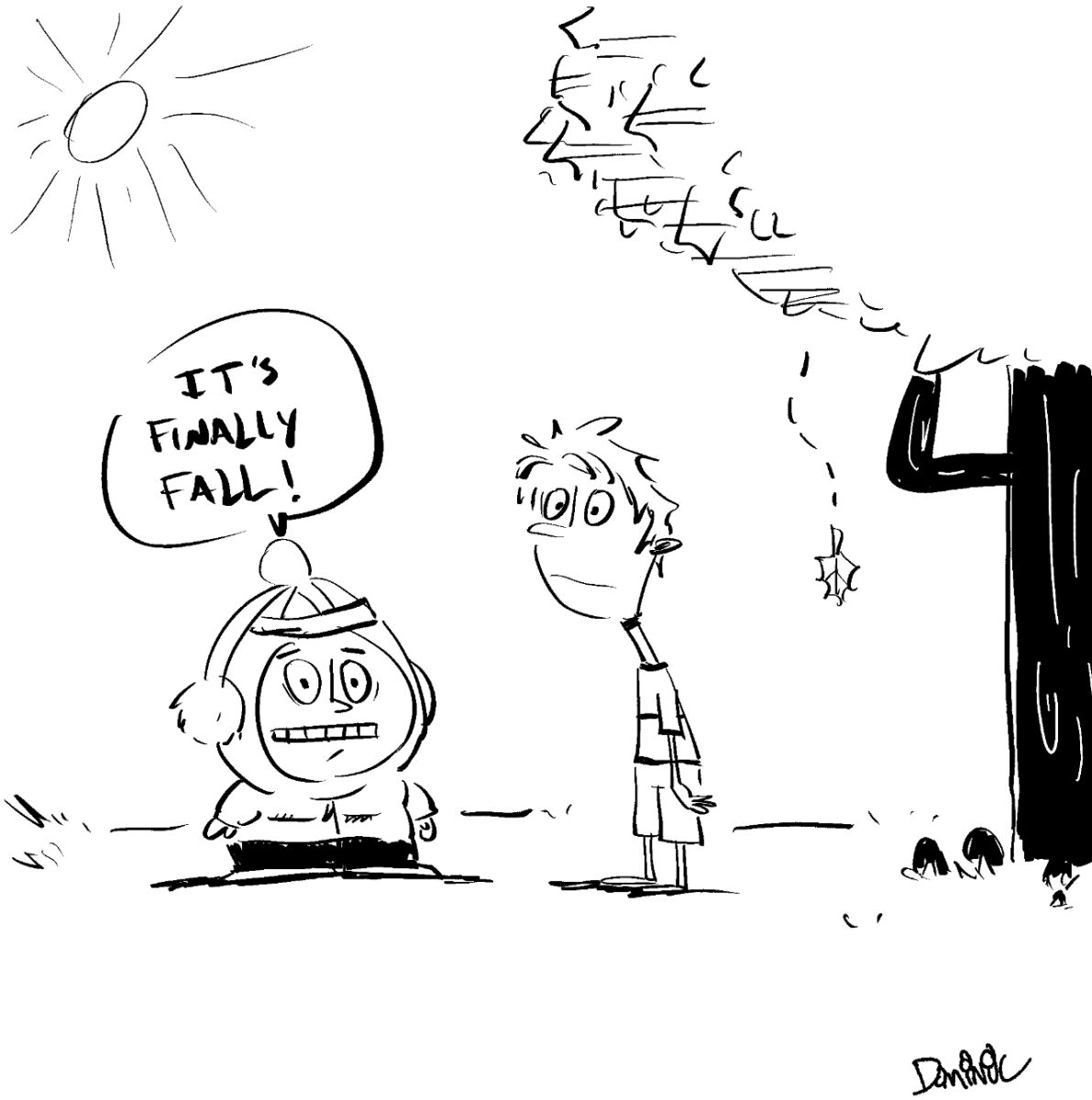What is a Healthy Friendship?

On dock
October 22, 2018
From the time we were born all the way to now, we have encountered millions of faces and the chances to make them our friends. Through years of experience, we are able to distinguish, at least in our own opinions, what makes a good friendship. At the same time, we are also able to make the choice of being that suitable friend for someone else. If you had to identify the main aspects of a superb person to hang around, you might you want someone who is trustworthy, kind, and supportive. If you were wise, you too would look for these same qualities; however, to really have a healthy friendship, these traits must be more than adjectives. A healthy friendship is something unusual because it rarely seems to happen anymore and not many people even try to put the effort into achieving one. For this reason, I would like to refresh you on what it means to have a truly healthy friendship and remind you of the idea that we should strive to create more healthy bonds in our lives.
What is a healthy friendship? Put aside all opinion and biases aside along with those traumatic experiences of friends from hell – what can really be said about what makes up a true, unfailing connection, making someone not blood-related feel like family?
The list begins by landing on the idea of judgment. From the moment you meet someone, you are already getting judged. This usually stems from reputation and physical appearance, which as humans, occurs often as we tend to create our own beliefs of others. What I’m trying to get here is that the way your friend judges you might have a lot to say about the way they support the friendship. Does he/she choose to focus on the great parts of you or do they point out the flaws that make you human? Someone who genuinely cares will always choose to see the good, and they will make sure you know the good as well. On the other end of the scale, those who claim to be there for you, but bring you down for being yourself, are only being your “friend” temporarily or are only there to benefit themselves. If your friend chooses to expose things that intentionally hurt you, you have the have judged them wrong in believing they were a healthy friend to have. Friendships work as support systems – both sides should be accepting of the other and give off the type of judgment that strengthens the relationship.
Every healthy friendship should be reliable. Reliability and convenience are two separate factors that make a friendship into a healthy one. A friend that relies on you for only their convenience isn’t much of a friend at all; in fact, they are using you. They are using you for the qualities you contain, or even the possessions you offer them. We are all worth more than being put in a game someone wants to play with our lives. Although being reliable can be hard at times due to busy schedules, it isn’t hard to sacrifice 20 minutes or less for your best friend. Being dependable shows that you care and want to make an effort for someone else rather than yourself. Reliability doesn’t have to be running to the side of someone’s every beckoning call, it just has to be putting some time aside for someone to see that you are there and care. How much time do you leave in a day for your friends?
Honesty is the last, but a still a very important, factor. No friendship can be a healthy one if the foundation is based on lies. Sometimes telling the truth can be hard, but in the end, it is definitely worth it in the end. For example, put yourself in the shoes of this situation: someone has hard news for you to hear and they can either tell you straight up or they can create a lie to hide behind. If you are like most people, you would likely want the truth in the first place, especially if somehow you found out later on everything you knew was false. Being truthful can feel good and it also makes others feel good. There is no sense of doubt, stress, or feeling stupid when you have someone that can be a hundred percent honest with you at all times. That said, honesty can go a long way in creating life-long bonds. Having frankness shows a lot about your character and can certainly save you time in the future.
Outlining a healthy friendship can be hard when there are so many parts to it. I bet you added more to the list after reading the claims in this article, but basing an overview on this, it is evident to say that a healthy friendship = a lot of effort. The effort here is relatively simple but has the opportunity to make a big impression on others. Are you up for the challenge?











